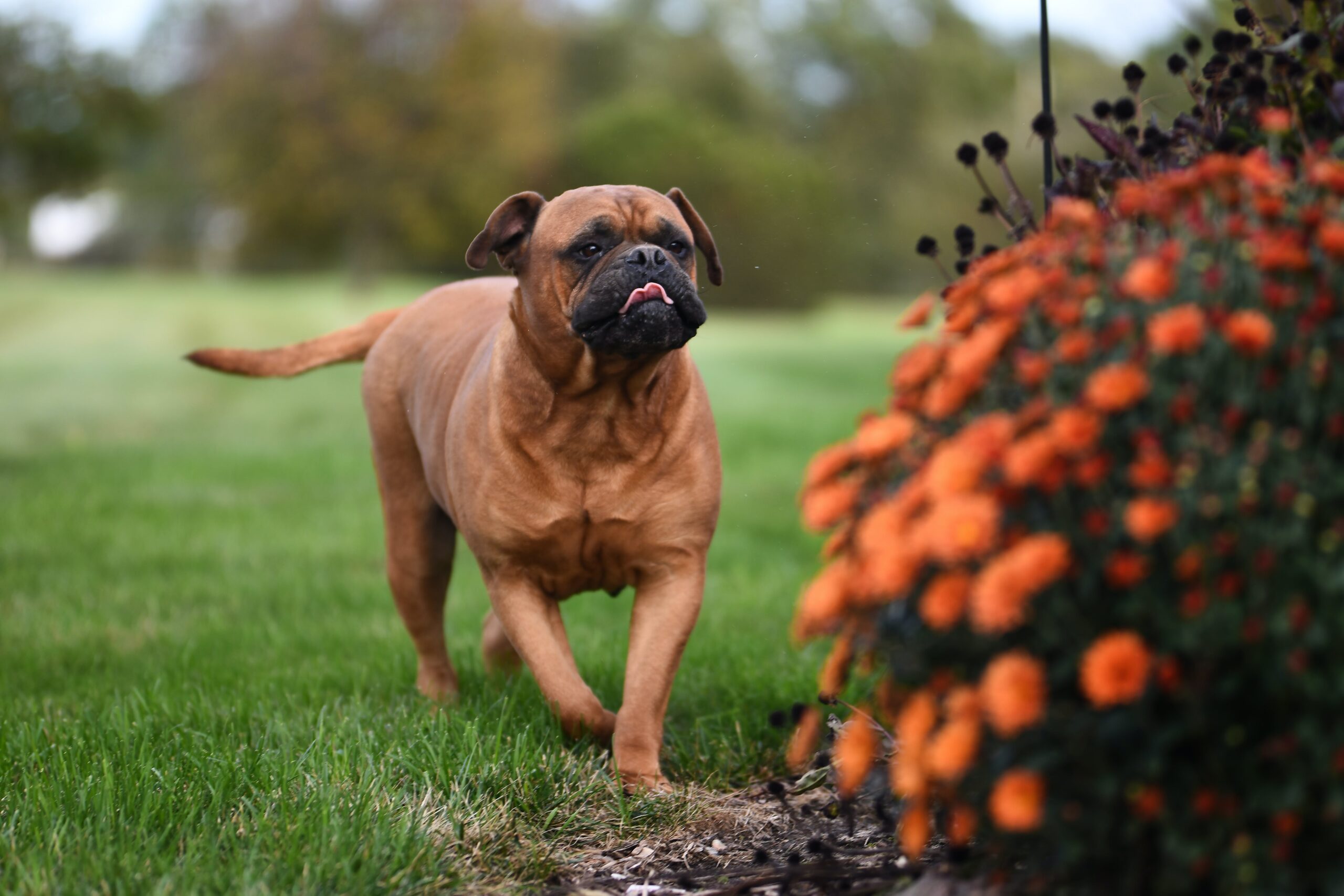Proactive Health Care: Keeping Your Bull Mastiff Happy and Healthy
This article provides an overview of the common health concerns and proper care practices for Bullmastiffs, including the importance of routine care, diet, exercise, and preventive measures for maintaining their longevity and well-being.
Bullmastiff Health Concerns
Bullmastiffs are known to face several common health issues that need careful attention and preventive measures. One of the most prevalent health concerns in Bullmastiffs is hip or elbow dysplasia, which can cause pain, lameness, and arthritis. This condition occurs when the hip or elbow dysplasia joint develops abnormally, leading to joint instability and subsequent degenerative joint disease. To prevent or manage this issue, it is essential for Bullmastiff owners to provide a balanced diet and appropriate exercise to maintain healthy body weight, reducing the strain on the joints.
Another significant health issue in Bullmastiffs is bloat, also known as gastric dilatation-volvulus (GDV), which is a life-threatening condition characterized by the stomach filling with gas and twisting on itself. This condition can lead to a rapid and severe decline in the dog’s health, requiring immediate veterinary intervention. To mitigate the risk of bloat, owners should consider feeding their Bullmastiffs multiple small meals throughout the day, rather than one large meal, and avoid vigorous exercise after eating.
In addition to these common health issues, Bullmastiffs are predisposed to various genetic and inherited diseases, such as cancer, neurological diseases, eye problems, heart disease, bladder or kidney stones, and allergies [3]. For instance, Bullmastiffs are prone to certain types of cancer, emphasizing the importance of regular veterinary check-ups and early detection. Understanding these inherited health concerns enables owners to take proactive measures to maintain the overall health and well-being of their Bullmastiffs.
Proper Care Practices
Taking care of Bullmastiffs involves several essential practices to ensure their well-being. One crucial aspect of their care is their dietary requirements. Bullmastiffs should be fed high-quality large- or giant-breed dry dog food, supplemented with some canned food to prevent bloat and gastric dilatation-volvulus (GDV). This dietary regimen is crucial in preventing digestive issues and maintaining their overall health.
In addition to a proper diet, exercise is another key component of Bullmastiff care. These dogs require regular physical activity to stay healthy. Obesity is a significant health problem in Bullmastiffs, so maintaining a consistent exercise routine is vital to prevent weight-related issues and promote their overall well-being. Ensuring that Bullmastiffs receive adequate exercise also contributes to their mental stimulation and overall happiness.
Moreover, dental care and grooming are essential practices for maintaining the health of Bullmastiffs. Regular dental care is crucial in preventing dental diseases that can lead to more severe health issues. Monthly grooming, including brushing, baths, nail trims, and ear cleaning, not only keeps the Bullmastiff’s coat clean and healthy but also allows for the early detection of any skin issues or abnormalities, contributing to their overall well-being. By diligently following these care practices, Bullmastiff owners can help support the long and healthy life of their beloved pets.
Preventive Measures and Early Intervention
It’s crucial for Bull Mastiff owners to be vigilant in observing any signs of illness in their pets and to seek prompt medical attention when necessary. Common signs of illness in Bull Mastiffs include lethargy, loss of appetite, excessive drooling, difficulty breathing, and abnormal bathroom habits. By paying close attention to these indicators, owners can play a key role in ensuring the early detection and treatment of health issues in their pets.
In addition to being watchful for signs of illness, early training and socialization are essential components of preventive care for Bull Mastiffs. Proper training and socialization help to manage the breed’s energy levels, prevent behavioral issues, and reduce the risk of stress-related health problems. For example, early socialization can diminish the likelihood of separation anxiety in Bull Mastiffs, which is a common concern for the breed. Engaging in consistent and positive training methods from a young age can significantly contribute to the overall well-being and health of Bull Mastiffs throughout their lives.
Longevity and Well-being
Understanding the characteristics and lifespan of Bullmastiffs is crucial for providing them with the best possible care. These gentle giants are not only known for their loyalty but also for their protective nature, making them excellent family dogs when provided with proper care and attention.
Supporting the long and healthy life of Bullmastiffs requires proactive measures. This includes providing them with a balanced diet, regular exercise, and routine veterinary check-ups. For example, ensuring that Bullmastiffs are fed high-quality large- or giant-breed dry dog food, with some canned food mixed in, as recommended by veterinarians, can contribute to their overall health and well-being. Additionally, engaging Bullmastiffs in regular exercise not only helps prevent obesity, which is a significant health concern for the breed, but also supports their physical and mental well-being. Proper care practices, such as dental care and grooming, are also essential for maintaining their overall health and longevity. By being proactive in these areas, owners can significantly impact the well-being and longevity of their Bullmastiffs.
Understanding Bullmastiff Health
Bullmastiffs, created by cross-breeding Bulldogs and Mastiffs in 1860, have specific health concerns that require attention and care. Recognizing these health issues and taking proactive steps to address them is crucial for ensuring the long and healthy life of Bullmastiffs.
One common health issue that Bullmastiffs face is a predisposition to bloat, also known as gastric dilatation-volvulus (GDV). This condition is life-threatening and occurs when the stomach fills with gas and twists on itself. It is essential for Bullmastiff owners to be aware of the signs of bloat, such as a distended abdomen, restlessness, and unproductive vomiting, and seek immediate veterinary care if these symptoms arise.
In addition to bloat, Bullmastiffs are prone to other health concerns such as dilated cardiomyopathy (DCM), a serious heart condition that can lead to heart failure. Understanding the symptoms of DCM, including weakness, fainting, and difficulty breathing, is crucial for early intervention and proper management of the condition. By staying informed about these potential health issues, Bullmastiff owners can take the necessary preventive measures and seek timely veterinary care, ultimately contributing to the overall well-being and longevity of their beloved pets.



